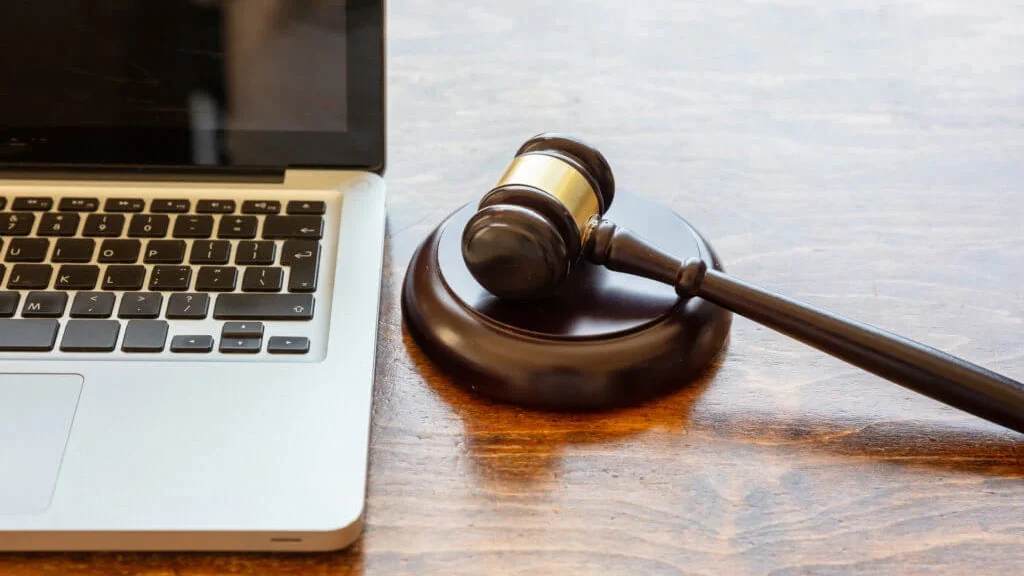
No offence u/s 364A IPC if abduction is without ransom demand: Supreme Court
Last Updated on January 6, 2024 by News Desk
The Supreme Court recently observed that if the abduction or kidnapping is done without the demand of ransom, it would not amount to an offence under section 364A IPC. The prosecution has to prove the act of kidnapping or abduction along with ransom demand coupled with the threat to the life of the abducted person.
The supreme court bench comprising Justice Sudhanshu Dhulia and Justice Satish Chandra Sharma was hearing an appeal challenging the order of the high court which upheld the conviction of the accused under section 364A IPC along with sections 307, 120B, 392 and 397 of IPC.
The facts of the case, as per the prosecution, were that the complainant was picked up from his guest house by the two accused, i.e., Neeraj Sharma and Ashwani Kumar Yadav, and the three took off on their motorcycle to a place called “Doundilohara”. Pertinently, the accused, Neeraj Sharma, and the complainant knew each other.
During the night, when the complainant was trying to ease himself, the two accused attempted to kill him by throttling his neck with the clutch wire of the motorcycle. As a result, the complainant fell on the ground unconscious, and the accused, thinking that the complainant had died, poured petrol on his body and set him on fire. Before setting the victim’s body on fire, the accused also looted a certain amount of sum and his phone. However, the complainant managed to escape and was taken to hospital. The Trial Court convicted the accused persons for attempts to murder, robbery, and kidnapping for ransom. The High Court upheld these charges. The accused filed an appeal challenging this order.
The Court noted the prosecution’s successful establishment of attempted murder and robbery charges beyond a reasonable doubt but doubts surfaced regarding the conviction under Section 364-A of the IPC.
The Court perused the relevant evidence and noted that the most important witness in the present case is the complainant himself. It observed that he is also an injured witness and the evidence of such a witness holds extreme value. “the importance of an injured witness in a criminal trial cannot be overstated. Unless there are compelling circumstances or evidence placed by the defence to doubt such a witness, this has to be accepted as an extremely valuable evidence in a Criminal Trial.”
The court finally noted that the prosecution had failed to establish an offence under section 364A. evidence pointed to a Section 364-A offence based on a phone call to the victim’s father by Ravi Kumar Dwivedi, the acquitted third accused. However, the prosecution failed to provide supporting evidence under Section 165 of the Evidence Act, of 1872 (IEA).
“However, in order to come under the ambit of Section 364A, something more than abduction is required, which is the demand for ransom. We do not find that there was a demand for ransom as alleged by the prosecution. There is no worthwhile evidence placed by the prosecution in this regard.” Court contended.
Thus, the court set aside the conviction of the accused under section 364A IPC. “in our considered opinion both the Trial Court as well as the High Court were completely misdirected in holding this to be, inter alia, a case under Section 364A of the IPC. There was no worthwhile evidence placed by the prosecution on this aspect.” The court held.
the Court also considered that the victim had suffered burn injuries of 45-48% and lost one leg when he was only eighteen years of age and directed Rs.5,00,000/- to be paid by the State of Chhattisgarh to the victim instead of Rs.1,00,000/- which the High Court directed.
Written by Shagun Behal.





